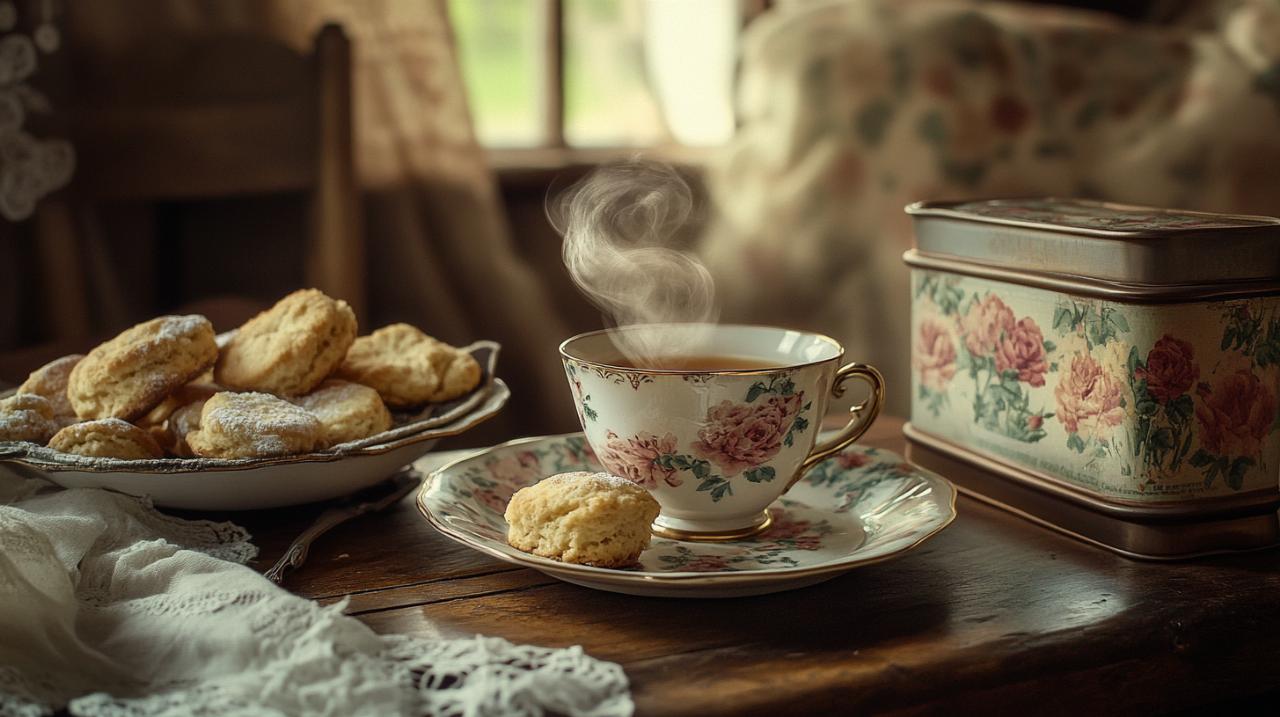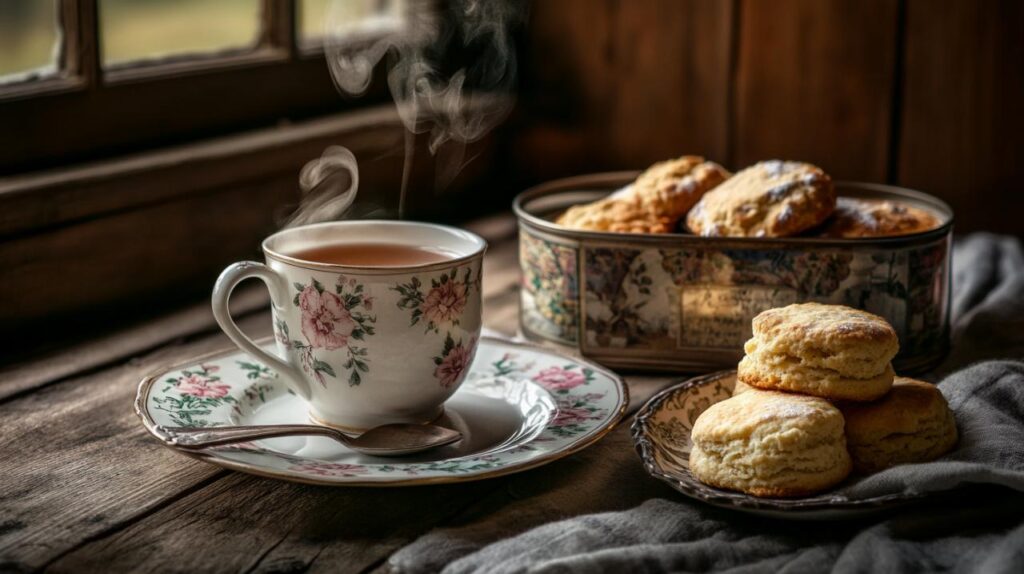There exists a certain magic in objects crafted with care, patience, and an unwavering dedication to excellence that transcends the mere act of consumption. In an age where mass production often overshadows individuality, the allure of traditional British products remains as potent as ever, inviting both locals and visitors alike to discover the stories woven into every stitch, every brushstroke, and every carefully selected ingredient. These treasures embody not only function and beauty but also a profound connection to the land and the people who have nurtured their creation for centuries.
The heritage and craftsmanship behind authentic british goods
The roots of British craftsmanship run deep, intertwining with the very fabric of the nation’s identity. From the rolling hills of Yorkshire to the rugged coastlines of Cornwall, artisans have long honed their skills, perfecting techniques that have been passed down through families and communities. The Englishman who dedicates his life to the craft of shoemaking or the woman who spends hours weaving tartan textiles are custodians of traditions that predate modern industry. Their work reflects a commitment to preserving methods that might otherwise be forgotten in the rush towards convenience and speed.
Time-honoured techniques passed through generations
Walking through workshops scattered across the British Isles, one cannot help but be struck by the reverence with which these age-old practices are maintained. Whether it is the careful stitching of leather goods, the intricate weaving of woollen blankets, or the precise blending of teas, each process is a testament to generations of accumulated knowledge. Apprentices learn not just the mechanics of their trade but also the philosophy behind it, understanding that quality cannot be rushed and that true excellence emerges from patience and attention to detail. This transfer of wisdom ensures that the spirit of British craftsmanship endures, adapting to contemporary tastes while remaining firmly rooted in tradition.
Quality Materials Sourced from the British Isles
Central to the appeal of these goods is the unwavering commitment to sourcing the finest materials available. The lush pastures of Scotland yield wool of unparalleled softness and durability, ideal for creating blankets that offer warmth and comfort for years to come. The forests of England provide timber for beautifully crafted homeware, while coastal regions supply the freshest ingredients for culinary delights. By prioritising locally sourced materials, artisans not only ensure superior quality but also support the sustainability of their environment. This connection to the land imbues each product with a sense of place, transforming everyday items into tangible links to the landscapes and communities that shaped them.
Why British-Made Products Continue to Captivate the Modern Consumer
In a world increasingly dominated by fleeting trends and disposable culture, the enduring appeal of traditional British products The Englishman offers a refreshing counterpoint. Consumers today are more discerning, seeking authenticity, ethical production, and a narrative that resonates on a deeper level. British products deliver on all these fronts, offering not just utility but also a story of heritage, skill, and pride. The resurgence of interest in locally made goods reflects a broader shift towards valuing craftsmanship over convenience, and British makers have risen to meet this demand with renewed vigour.
The enduring appeal of traditional manufacturing methods
The methods employed by British artisans stand in stark contrast to the impersonal efficiency of mass production. Each item is crafted with intention, often by hand, resulting in subtle variations that lend character and uniqueness. Whether it is a picnic set priced at two hundred and thirty-five pounds or a recycled cotton blanket available for one hundred and thirty pounds, these products reflect a dedication to excellence that cannot be replicated by machines alone. The tactile pleasure of holding a well-made object, the knowledge that it was created with care, and the assurance of its longevity all contribute to a sense of satisfaction that transcends the initial purchase. This appreciation for traditional manufacturing methods has sparked a renaissance in British craftsmanship, drawing admirers from around the globe.
Supporting local artisans and british industry
Choosing to invest in British-made goods is an act of support for the communities and individuals who dedicate their lives to preserving these traditions. Every purchase helps sustain workshops, small businesses, and family enterprises that might otherwise struggle against the tide of globalisation. In cities like London, Edinburgh, Oxford, and Cambridge, shops such as Cool Britannia offer curated selections of homeware, fashion accessories, and souvenirs that celebrate the best of British creativity. By championing local artisans, consumers contribute to a vibrant economy that values skill, heritage, and sustainability. This sense of collective responsibility resonates strongly in a time when many seek to make purchasing decisions that align with their values and support a more equitable, environmentally conscious future.
The charm of traditional British products lies not only in their aesthetic appeal or functional excellence but also in the stories they carry. From the picnic blankets inspired by the landscapes of Glen Coe to the tea sets that evoke the elegance of afternoon gatherings, each item serves as a reminder of the rich cultural tapestry that defines Britain. Whether one is exploring the bustling markets of Camden and Borough, admiring the iconic landmarks such as Tower Bridge and Buckingham Palace, or simply enjoying a leisurely stroll through Hyde Park, the spirit of British craftsmanship is ever-present. It is a spirit that celebrates the past while embracing the future, inviting all who encounter it to appreciate the beauty of things made with care, passion, and an enduring commitment to excellence.

